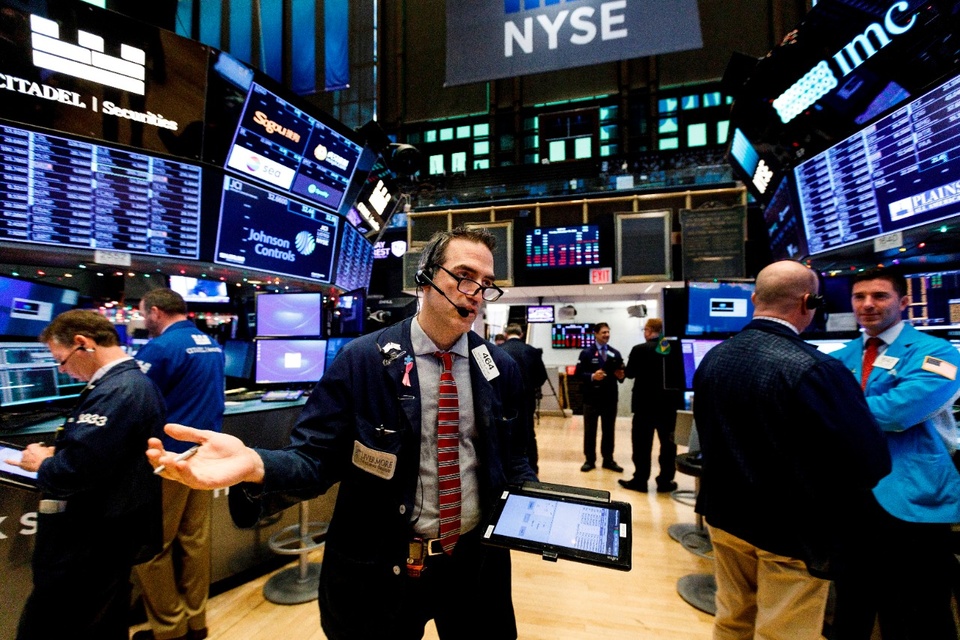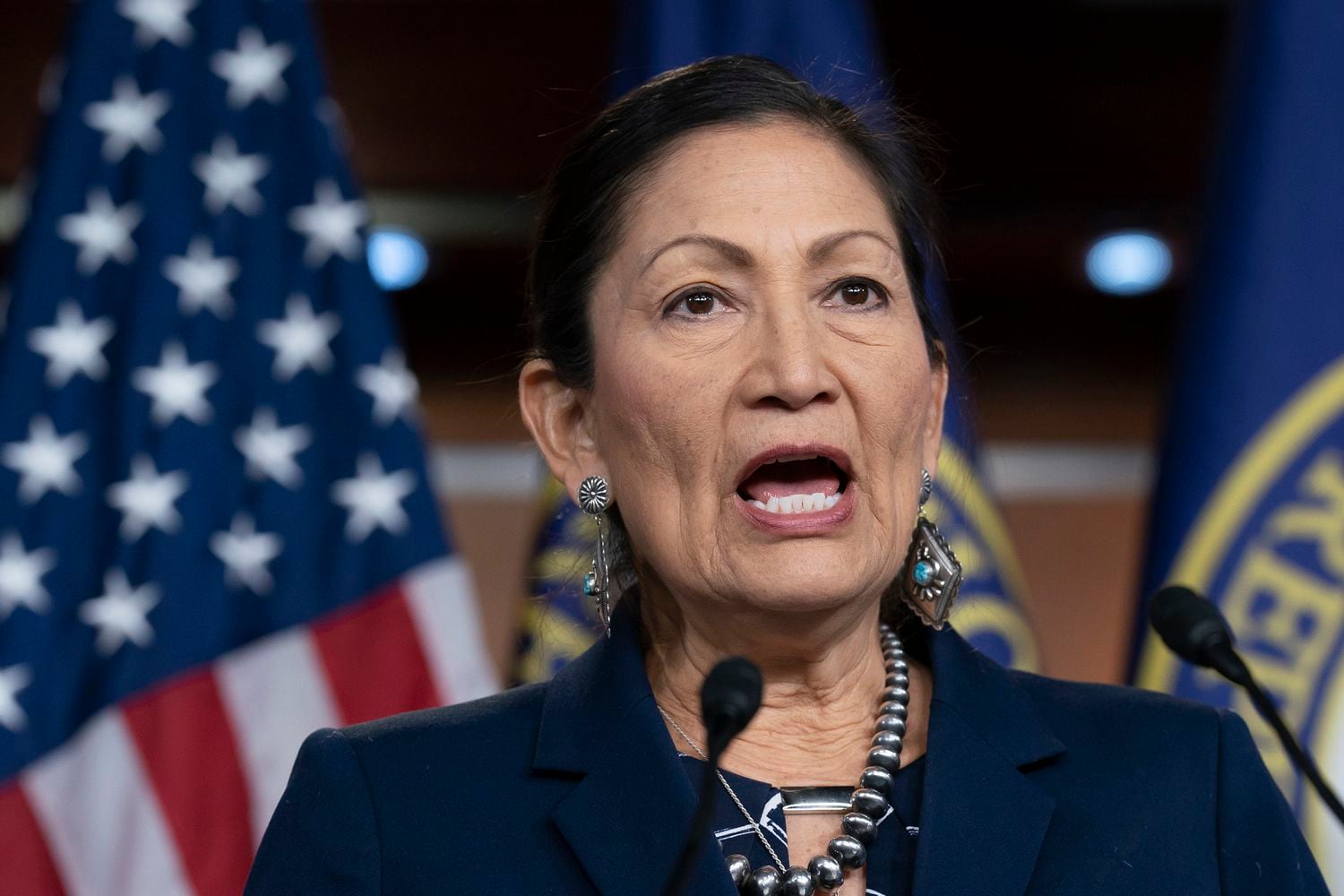2021: A New World, A New Asia and New US-China Relations?
No country has escaped COVID-19 as it has swept the globe. Lockdowns and shuttered businesses have caused economic stagnation, and the coronavirus has become the biggest international public health crisis in recent times. At the same time, four years of Donald Trump as president has undermined international order and stirred social conflict. Add to that the presidential election, and this period has revealed severe divisions and splits within American society.
Fortunately, a coronavirus vaccine has been rapidly developed and is starting to be administered. Joe Biden has finally been certified as the winner of the U.S. presidential election, and U.S.-China relations are expected to simmer down. Also during this difficult year, Asian countries resolutely signed the Regional Comprehensive Economic Partnership, affirming a crucial cornerstone of an integrated Asia.
And so in 2021, the international community will face three new situations: a post-pandemic world, an economically integrated Asia and a new U.S.-China relationship once Biden takes office. Will the year be a fresh start? Or will it merely be a continuation of the misery of 2020?
This year, COVID-19 prevention and isolation have become daily news, and face masks and social distancing are the new normal. As the number of confirmed coronavirus cases continues to increase, countries are scrambling to snap up vaccines in the hopes of reducing coronavirus restrictions as soon as possible in the upcoming year. Health and safety has already become the most critical nontraditional security problem.
Still, the coronavirus vaccine is not merely a pharmaceutical product, but also a political tool, highlighting the unfairness in the current international system. High-risk populations in wealthy countries may, for the most part, be inoculated by the spring and summer. Low-income countries, however, may have to wait until 2024 for the vaccine, all while the virus continues to spread and the lives of their people are left twisting in the wind.
The new world will not only see the end of the pandemic, but will be ushered in by the end of Donald Trump’s presidency and the start of the new Biden administration. On an international level, Trumpism is the “America First” ideology of isolationism and anti-globalization protectionism in which the U.S. has withdrawn from multilateral treaties, and confrontation between the U.S. and China has risen to a level of hostility. All of this has thrown the international order into chaos.
Although Biden proclaimed “America is back” in his acceptance speech, the American hegemony that we knew will never return! The focus of Biden’s diplomacy should be on rejoining multilateral treaties and strengthening relationships with allies. As for how much of a leadership role the U.S. can take, it doesn’t look optimistic. A weakening America may be a feature of this new world!
The start of 2021’s new world will not be like Antonin Dvorak’s “New World Symphony,” filled with excitement for a new era and circumstances. Instead, it will be a cautious, hesitant and uneasy period of waiting, like that experienced when light is visible at the end of a tunnel, but the road in between seems like it will continue on for a long time.
Second, we will turn the page on Asian economic integration in 2021. The RCEP, the signing of which was accelerated under the threat of the coronavirus, is expected to take effect at the end of next year. Moreover, trade within Asia has increased substantially, and ASEAN countries have become China’s largest trade partners.* Following economic integration, the Asian supply chain will be formed and optimized, strongly supporting economic recovery after the pandemic.
Three events will follow Asian integration: the RCEP will take effect; a free trade zone among China, Japan and Korea will be formed; and China and Korea will join the Comprehensive and Progressive Agreement for Trans-Pacific Partnership. It is unclear how soon the latter two will smoothly move forward. However, since China, Japan and Korea are in the RCEP, the opportunities have greatly increased for establishing a stronger northeast Asian free trade zone and joining the CPTPP together.
Third, in the past, the Trump administration has pushed anti-China policy to the extreme, using tariffs to try to shift the blame. As a result, the U.S. and China are approaching a hostile relationship. When Biden takes office next year, the U.S and China will have a strategically competitive relationship that is both cooperative and confrontational. Still, parts of Trump’s policy framework will remain, particularly regarding technology restrictions. As this involves fluctuations in the technological strength of both countries, the decoupling of American and Chinese core technologies will probably continue.
Biden’s appointment of Katherine Tai as United States trade representative indicates that negotiations between the U.S. and China have entered a critical phase: the two countries will move from a trade war to a trade negotiation confrontation. And the people nominated as chair of the Council of Economic Advisers and director of the National Economic Council are both labor and sustainable economics experts, which suggests that Biden’s economic focus will be domestic.
It is worth noting that in forecasts by both the Mitsubishi Research Institute and the Japan Center for Economic Research, China is projected to surpass the U.S. as the world’s largest economy in 2028, earlier than the original projection of 2035. Obviously, U.S.-China relations, which are approaching a critical point, will be tested.
In summary, although the international community will welcome a post-pandemic world, new Asian integration and new U.S.-China relations in 2021, it will not see the revival of old dreams, like in the film “Back to the Future.” Uncertainty and mistrust will continue to spread. As the new world is pulled between the pandemic and vaccine distribution, the U.S. will waver between domestic divisions and international responsibilities. The U.S. and China will continue to clash over trade and technology. Only Asian economic integration that counters unification can ensure that 2021 will be the start of the Asian century.
*Editor’s Note: ASEAN stands for Association of Southeast Asian Nations and its members are Brunei, Cambodia, Indonesia, Laos, Malaysia, Myanmar, the Philippines, Singapore, Thailand and Vietnam.


